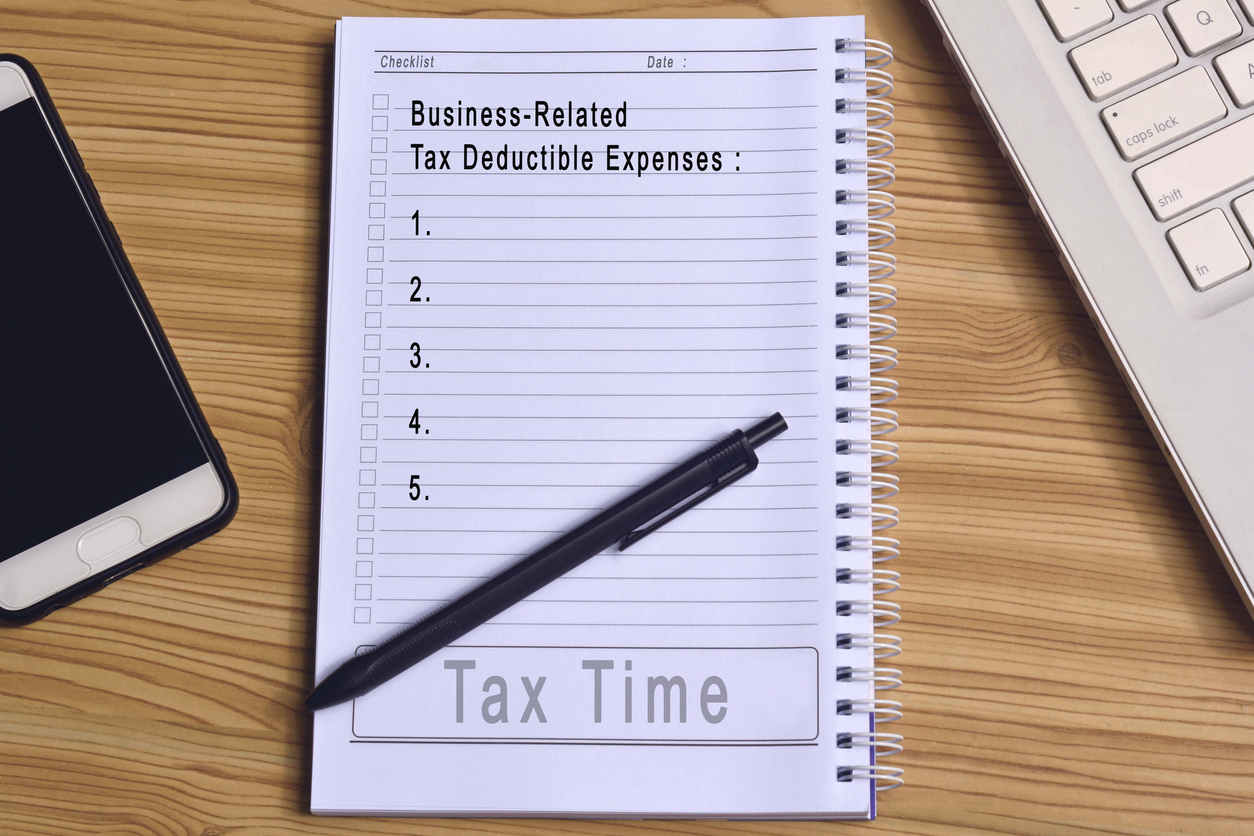Will You Be Entitled to Deduct Your Expenses in 2024?
If you rent your cottage, your vacation home, your condo, your house or any other residential property for short periods of time using Airbnb or another platform, staying compliant with local regulations is more important than ever.
Starting for the 2024 tax year, only short-term rental properties which comply with all applicable local regulations will be entitled to deduct their eligible rental expenses.
You have until December 31, 2024, to ensure that your rental is compliant if you want to be allowed to deduct eligible expenses for 2024 tax year.
What Are Common Examples of Deductible Expenses for Rentals?
Examples of expenses that may be deductibles from your rental income include:
- Advertising costs: Online listings, promotional materials, and ads;
- Insurance premiums: Coverage specific to your rental property;
- Professional fees: Accounting, legal services, and property management fees;
- Repairs and maintenance: Minor fixes and upkeep to keep the property rentable;
- Utilities: If you, as the landlord, pay for gas, electricity, water, etc;
- Travel and motor vehicle expenses: Trips to manage the property, including supervising repairs or collecting rents;
- Property taxes;
- Mortgage Interest and bank charges: Direct costs associated with the property;
- Lease cancellation payments: Payments made to tenants to terminate leases early, based on the remaining term;
- Salaries, wages and benefits: Payments for services like cleaning, maintenance, or property management;
- Management and Administration Fees: Fees paid to manage bookings, guest services, or property maintenance;
- Office expenses: Costs for supplies like paper, postage, or small office equipment used for rental management.
What Are Short-Term Rentals?
Short-term rentals are properties rented for short stays, typically less than 90 consecutive days. Common examples include vacation rentals on platforms like Airbnb or VRBO and Bed and Breakfast establishments.
Reminder of Regulations
To be considered to be compliant, the property must comply with all applicable local regulations, including:
- Registration: The property must be registered with the local municipality or relevant authority
.; - Licensing: You must obtain the necessary short-term rental license or permit, which may involve inspections and meeting specific standards
.; - Permits: Additional permits may be required for specific uses, such as hosting events or serving food
.; - Zoning Compliance: The property must be in an area where short-term rentals are allowed
.; - Safety Standards: Your property must meet health and safety requirements, including fire safety and building codes.
Licensing a Short-Term Rental in the City of Ottawa
In Ottawa, operating a short-term rental—defined as renting out a property or a portion of it for less than 30 consecutive days—requires adherence to specific regulations.
If you meet the eligibility criteria, you must apply to the City of Ottawa to obtain a host permit. As of today, the cost of this permit is $112 for a two-year period.
For full details on the application process and to apply for the necessary permits, visit the City of Ottawa’s Short-Term Rentals page.
What Happens if You’re Non-Compliant?
If your rental doesn’t comply with the necessary regulations—whether due to missing permits, licenses, or operating in a restricted zone—it will be considered non-compliant.
As a result, you will lose the ability to deduct any expenses related to the rental on your tax return. This means that you will be taxed on the total payments received from clients without any allowance for the expenses incurred to operate the rental; your payable tax will be increased and the rentability of your rental property will be impacted.
What to Do Before December 31, 2024?
To take full advantage of these tax benefits, it’s crucial to ensure your property meets the eligibility requirements for registration, licensing, and permits. By acting now to bring your rental into compliance, you can safeguard your deductions and maximize the profitability of your short-term rental business.







